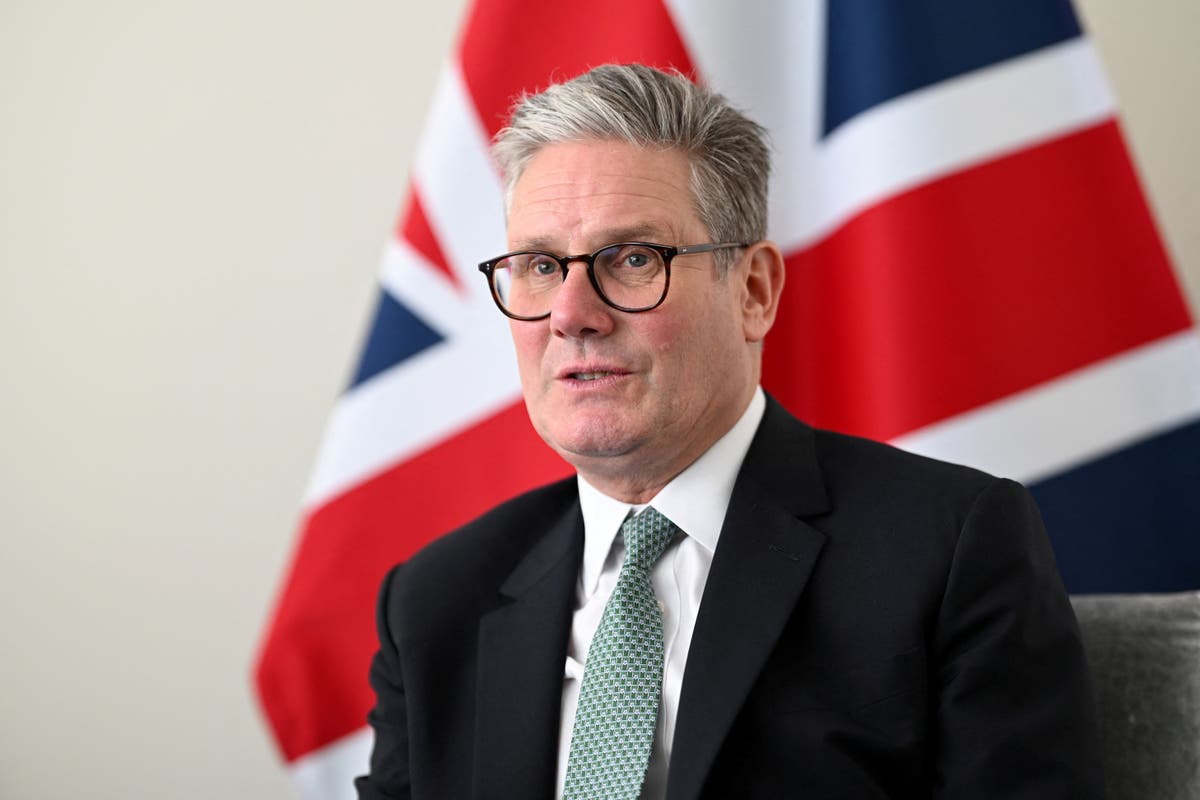Keir Starmer Refuses to Apologise to Pensioners Over Winter Fuel Payment Cuts
In a recent political storm, Sir Keir Starmer, the leader of the Labour Party, has found himself at the center of controversy following his refusal to apologize to pensioners affected by cuts to winter fuel payments. This decision has sparked a heated debate about the party’s stance on social welfare, particularly concerning the elderly population, who are often among the most vulnerable in society.
The Context of the Cuts
Winter fuel payments have long been a lifeline for pensioners in the UK, providing essential financial support during the colder months. These payments are designed to help cover heating costs, which can be particularly burdensome for those on fixed incomes. However, recent government measures have led to significant cuts in these payments, leaving many pensioners struggling to make ends meet.
Starmer’s refusal to apologize comes in the wake of these cuts, which have been criticized by various advocacy groups and opposition parties. Critics argue that the decision to reduce winter fuel payments is indicative of a broader neglect of the needs of older citizens, particularly in a time of rising living costs and economic uncertainty.
Starmer’s Position
During a recent press conference, Starmer was asked directly if he would apologize to pensioners for the cuts. His response was firm: he would not. Instead, he emphasized the need for a comprehensive review of the welfare system, suggesting that the Labour Party is focused on long-term solutions rather than short-term apologies. Starmer stated, "We need to look at the bigger picture and ensure that our policies are sustainable and effective in the long run."
This stance has drawn mixed reactions. Supporters of Starmer argue that his approach reflects a commitment to reforming the welfare system to make it more equitable and efficient. They believe that simply apologizing would not address the underlying issues that led to the cuts in the first place.
Conversely, many pensioners and their advocates feel abandoned by the Labour Party. They argue that an apology would have been a simple yet powerful gesture of solidarity, acknowledging the struggles faced by the elderly during a particularly challenging time. The refusal to apologize has led to accusations that Starmer is out of touch with the realities faced by many in the community.
The Political Ramifications
Starmer’s decision not to apologize could have significant implications for the Labour Party as it approaches the next general election. With an aging population that increasingly relies on social welfare programs, the party risks alienating a crucial voter demographic. Polls indicate that pensioners are more likely to vote than younger citizens, making their support vital for any political party seeking to gain power.
Moreover, the Conservative Party has seized upon this opportunity to criticize Labour’s handling of social welfare issues. Conservative spokespersons have pointed out that the cuts to winter fuel payments were made under a Labour government, framing Starmer’s refusal to apologize as an admission of failure. This narrative could resonate with voters who are already skeptical of Labour’s commitment to social justice.
The Broader Debate on Welfare
Starmer’s stance on winter fuel payments is part of a larger conversation about welfare reform in the UK. As the country grapples with economic challenges, including inflation and rising energy costs, the debate over how to support vulnerable populations has intensified. Many argue that the current welfare system is outdated and in need of a complete overhaul to better serve those who depend on it.
Advocates for pensioners are calling for a reinstatement of the previous winter fuel payment levels, arguing that the cuts are not only unjust but also detrimental to the health and well-being of older citizens. They emphasize that during winter months, the risk of illness and even mortality increases for those who cannot afford adequate heating.
Conclusion
Keir Starmer’s refusal to apologize to pensioners over winter fuel payment cuts has ignited a significant debate about the Labour Party’s priorities and its relationship with vulnerable populations. As the party navigates the complexities of welfare reform, it must consider the implications of its decisions on its electoral prospects and the lives of those it seeks to represent. The coming months will be crucial for Starmer and the Labour Party as they work to balance the need for reform with the immediate needs of the elderly and other vulnerable groups in society. The question remains: can they find a way to address these pressing issues without alienating key voter demographics?
